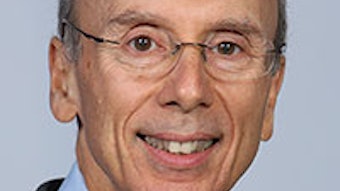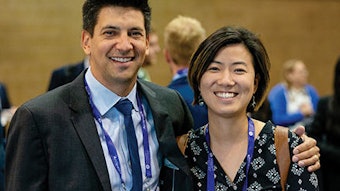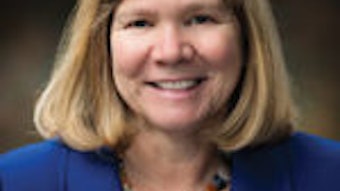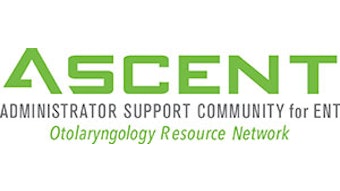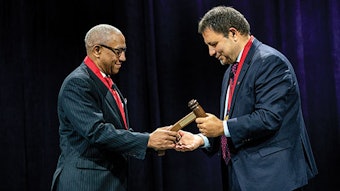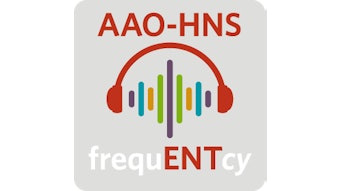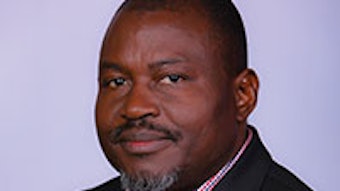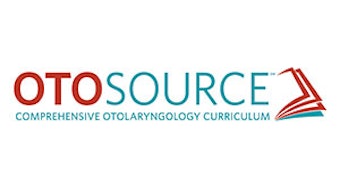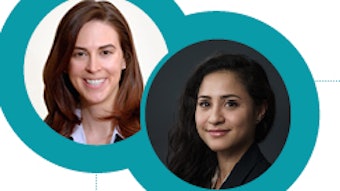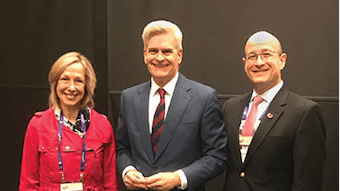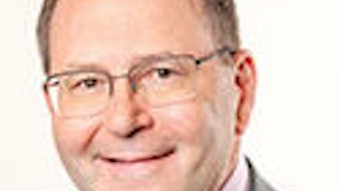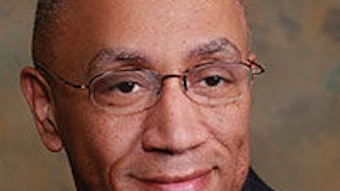Humanitarian Grant: From simulations to real patients: Humanitarian work in Vietnam
Sarah E. Hodge, MD, traveled to Hanoi, Vietnam, to work and learn at the National ENT Hospital, which is the largest referral center in the northern half of Vietnam. Hodge worked alongside other otolaryngologists from the United States and Vietnam as well as the Resource Exchange International – Vietnam, an international not-for-profit organization that has been working in Vietnam since 1992.
Sarah E. Hodge, MD
AAO-HNSF Humanitarian Travel Grant to Vietnam
For the last 21 years, a distinguished team of otolaryngologists from the United States has helped to create a now well-established partnership with the National ENT Hospital in Hanoi, Vietnam. The sponsoring organization is the Resource Exchange International – Vietnam, an international not-for-profit educational organization that has been working in Vietnam since 1992. Having the opportunity to travel to Hanoi, Vietnam has been one of the most formative experiences I have encountered in residency.
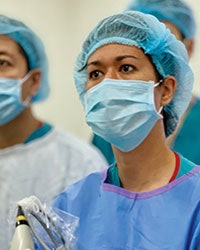
The week-long trip was focused on education and professional collaboration to enhance patient care at the National ENT Hospital, the largest referral center in the northern half of Vietnam. The first two days encompassed an educational conference titled, “Updates in Otolaryngology,” which functioned as a multidisciplinary seminar including several lectures on medical and surgical management of various diseases ranging from sinus and skull base pathologies to pediatric airway approaches. Lectures were provided by both U.S. and Vietnamese physicians. Each day after lecture, the Vietnamese otolaryngology residents would present unique clinical scenarios based on real patient encounters. After presenting the pertinent clinical and radiographic findings, we would perform a physical exam, review relevant data, and then have a collaborative discussion regarding the treatment options, including medical management and/or surgical approaches. Another fun and educational aspect of the trip included a U.S.-led skills simulation lab focused on endoscopic retrieval of sinus and airway foreign bodies from a carved vegetable (see photo).
Following the two days of educational conferences and skills labs, our days were filled with operating. We saw and performed surgeries on patients of all ages. If we did a more simplistic surgery, such as a tonsillectomy and adenoidectomy, we performed it using a newer technology, such as coblation, to still enhance the educational aspect of the procedure for trainees with less exposure to this equipment. The trip also included more complex surgeries such as skull base tumor resections with local flap reconstruction. We visited various hospitals in and around Hanoi, Vietnam, in addition to trips to the Children’s Hospital, where collaboration between both our pediatric otolaryngologists and anesthesia colleagues took place. We discussed the role of local versus general anesthesia for procedures such as airway foreign body retrieval, and it was very surprising to see how our approaches varied. Thus, this trip was an excellent opportunity to not only teach, but more importantly to learn, from our medical and surgical colleagues across the world.
